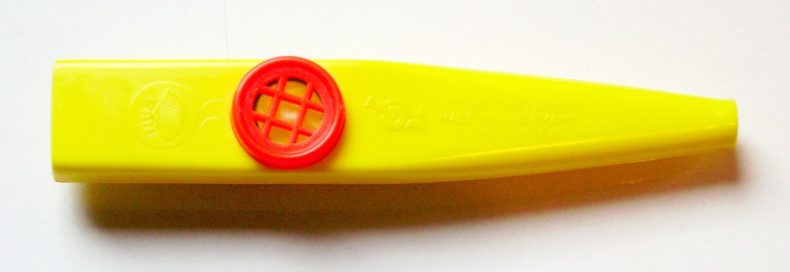
About a year ago, I attended a high school talent show. It was over two hours long. The multipurpose room smelled of old pizza and pubescent sweat. The folding metal chairs made me squirm uncomfortably in my seat, as did many of the acts.
Watching parents pull out their phones and prepare to post their kids’ performances online, I thanked God that Facebook didn’t exist when I dressed up as Baby Spice in 8th grade. (I didn’t want to be Baby Spice. I wanted to be Sporty Spice, or at least Posh Spice, and wearing Baby’s pigtails and knee socks felt like a betrayal of my values — of myself.)
So much has changed for teenagers since I was in high school: the rise of social media, the demise of the planet as we know it. At this high school, however, at least one rule of American adolescence appeared unchanged: to maintain social status, it was imperative not to be caught trying very hard.
Most of the kids who entered the talent show sought safety in groups, performing acts that required little skill or practice. One group bopped around to the relentless, infantile earworm “Baby Shark” (don’t click if you don’t want your life to be ruined.) The popular girls performed a Mean Girls-esque, unsettlingly come-hither dance. The goofball senior boys played “Eye of the Tiger” on kazoos.
I hadn’t thought much about that talent show until a couple of weeks ago, when high school climate activists took over the news. Around that time, I spoke to Jack Goncalo, a psychologist at the University of Illinois, about the risks we run when we tell the world what we really think and feel.
Goncalo studies creativity, and his research confirms what most of us know from experience. Expressing original, creative ideas in public is scary, because we’re revealing something personal to strangers who could reject us — not just our idea, us. Our personalities. The whole kaboodle.
Regardless of what we might say to the contrary, we’re extremely quick to judge other people’s personalities based on their ideas, and overconfident in those judgments. (In one of Goncalo’s experiments, a participant listed “dog farts,” “zombie outbreak,” and “spoiled milk in a hot car” when asked to propose creative names for scented candles. See? Already judging.)
The more freedom of expression we have, the more exposed and vulnerable we feel, Goncalo’s work suggests. Although they’re creative, too, activities like coloring or karaoke are less stressful, than, say improv comedy, because they don’t put us on the spot, forcing us to draw on our experiences and perspective. Performing in a talent show, facing a blank canvas, and writing a novel are all examples of creative expressions that raise the stakes, because they require us to make choices that reveal our weird, idiosyncratic selves.
Political speeches are another form of creative expression that lay a person’s thoughts bare to an unforgiving audience. When I heard Greta Thunberg’s blistering speech at the UN Climate Summit, I teared up — first, because what she said was true, and second, because even when it is so much safer to stick with the pack, sometimes people like Greta choose not to.
I find the suggestion that Greta Thunberg would be better off if she were a more typical teenager grotesque. It’s like saying that she should be dancing to Baby Shark at a high school talent show, just another happy young girl.
I’m not saying kids shouldn’t dance to Baby Shark or play kazoos. Of course they should! I hope they will. But I also hope adults — myself included — will do better job of rewarding the courage of kids like Greta, who didn’t get the memo about not trying or caring.
A handful of kids at the high school talent show didn’t get that memo either. One girl in a taffeta recital dress plunked out a tune on the piano, barreling through the mistakes with admirable determination. Another belted out a love song in a sweet, clear voice, all while wobbling around the stage in 5-inch heels.
Near the end of the show, a boy with hair covering his eyes performed a song he’d written on his guitar. He was earnest and awkward, painfully so. But he played well. And he won.